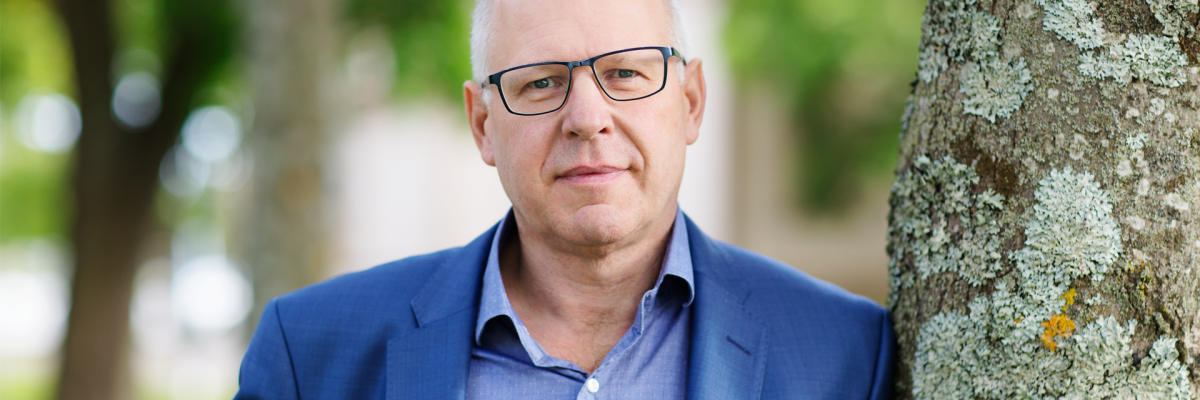At the customer’s side for 30 years
Read our founder Kennet Kronman’s thoughts about the evolution our company and the whole industry has gone through during the past 30 years.

This year, OK Perintä celebrates the 30th anniversary. That in itself is not a long journey – after all, here in Finland we have companies with a history of over 150 years, or even longer. What is significant, however, is the development that has taken place in our industry over a relatively short period of time. We have, for example, seen several changes in the law. In most cases, they have been positive; the playing field and the rules of the game have been clarified. On the other hand, some of the legal changes have not served their purpose and their impact has, at worst, gone contrary to the legislator’s intentions.
The biggest and most meaningful changes in our industry, however, have arisen from the wishes and demands of our clients. Although the core business of debt collection companies is still the recovery of receivables, many aspects surrounding this have changed. Let’s run through the evolution that has taken place in our industry.
During the 1990s’ recession, harsh means were used
When OK Perintä started operating in 1991, a deep recession was just around the corner. The first signs of the coming recession were two consecutive devaluations, which resulted in the insolvency of many businesses due to foreign currency loans.
Squeezed by the recession, clients valued active and aggressive debt collection. The most effective collection companies won market share, while the “paper shufflers” lagged behind. Collection companies even went bankrupt when their own and clients’ funds became entangled. Indeed, the practices employed during the 1990s’ recession may well be the reason why the reputation of debt collection companies remains bad, even though industry practices have long since taken a full turn.
Amount of collection costs regulated by law
In the late 1990s and early 2000s, automation spread rapidly. Clients wished to automate the sending of collection assignments as much as possible, particularly as the volumes were higher. Automation naturally led to faster cash flows and many manual work stages were eliminated.
Following automation, clients began to ask how much the collection costs paid by the end-customer could be increased. At that time, collection costs were only regulated by the fact that they ought to be reasonable. Competition naturally arose in the industry based on the amount of collection costs, and it is likely that the market itself would have adjusted the level of collection costs, not requiring the legislator to intervene.
Towards more humane collection
In recent years, the friendly treatment of the end-customer has become the most important criterion in the collection industry. We have a long history of delivering customer-oriented service, and we made this an even more important criterion through our 2016 brand reform. From the beginning, we have handled debt collection by phone and we continue to activate people with reminder calls, which often prevent invoices from ending up in the collection process.
Today, collection industry operators are increasingly involved throughout the life cycle of receivables, and responsibility and partnership are therefore become competitive factors. We believe that businesses that wish to create good customer relationships and experiences also value high quality and people-oriented service from collection companies. OK Perintä also wishes to work with businesses that share the same values as we do.
We have gone through many different phases during our 30 years of operating. During these decades, we have walked alongside our customers, listened to their wishes and changed our operations accordingly.
I hope that our customers will continue to challenge us to become an even better player.
OK Perintä Oy
Kennet Kronman
Founder


